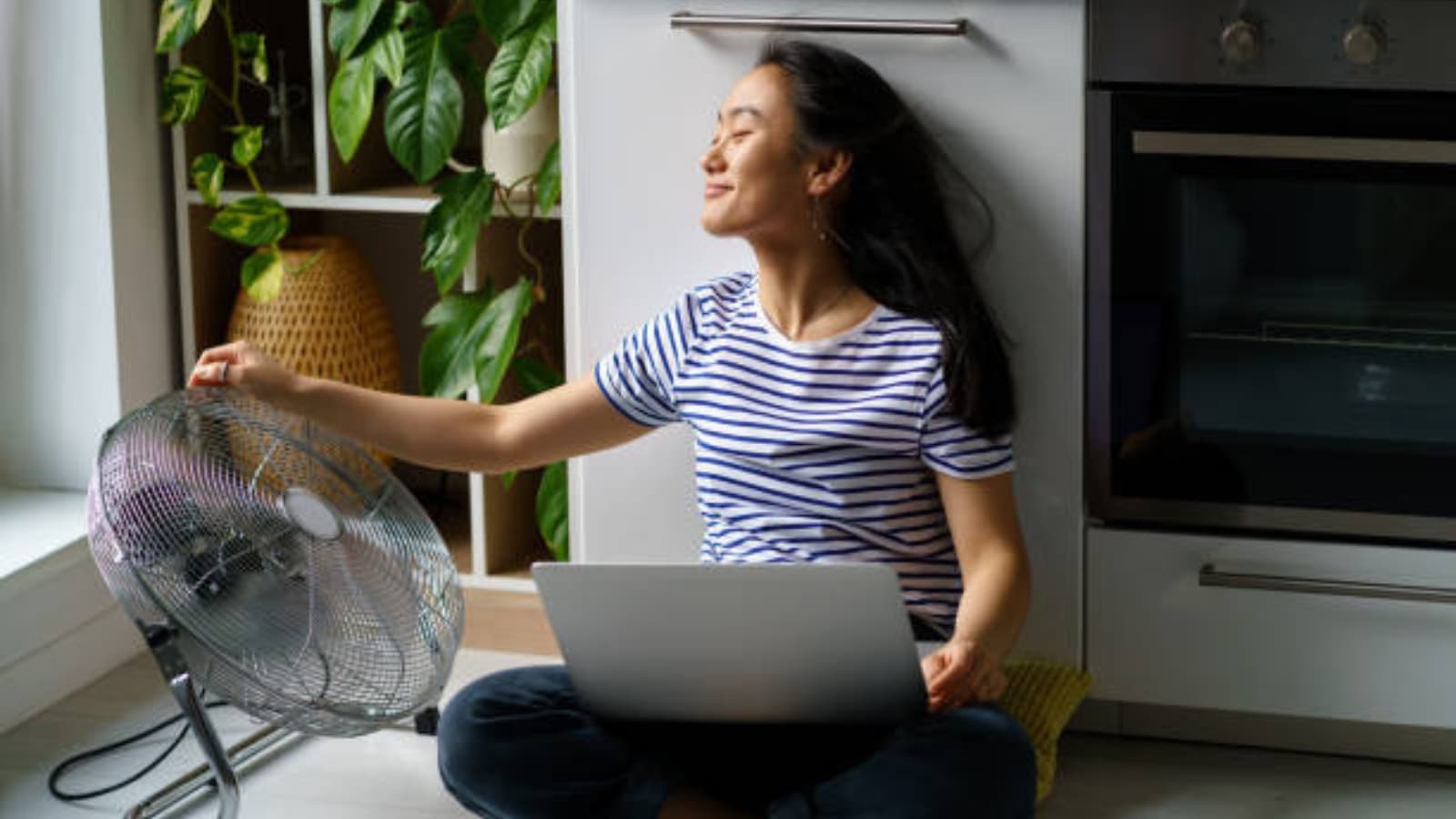
Summer Safety at Co-ops
Summer brings longer days, BBQs, and fun in the sun, but it can also bring health risks. From extreme heat to wildfire smoke, we’ve developed some tips to help you, and your co-op neighbours stay healthy this summer.
Cooling at Home
Indoor temperatures above 26 degrees can be dangerous for vulnerable populations. As part of the CHF BC Group Buying Program, your co-op can access exclusive discounts with AIRLUX to help address your heating and cooling needs.
Centralized AC may not be an option for everyone, but there are plenty of other ways to stay cool in hot weather.
Closing blinds and curtains during the day and opening them at night helps keep buildings cooler. You can also wear wet towels or shawls, have cold showers (or even just prepare a cold-water foot bath), and drink plenty of water. The City of Vancouver has guides on creating and using a Cool Kit. You can purchase some of the necessary supplies at RONA with your CHF BC group buying discount.
Clients of Health Authority’s Home Care or Mental Health and Substance Use programs may be eligible for free portable air conditioners through BC Hydro.
Supporting Neighbours
Consider making ground floor amenity spaces or shaded outdoor spaces available to co-op members whose homes get too warm. Temperatures can vary widely within the same building depending on the floor or the direction windows face. Having somewhere nearby to cool down during the hottest hours of the day can make a big difference – and can be a great way to connect with and check in on more vulnerable neighbours.
If your building doesn’t have a cooled space, identify your nearest cooling centre, like libraries and community centers. Some even allow you to bring your pet to cool off too!
Keep Air Clean
Wildfire smoke has unfortunately become a common feature of BC summers, even in urban areas far from active fires. Smoky air can cause serious short and long-term health problems, especially for vulnerable populations. Staying indoors is the safest option, but if you must go outside, consider wearing a facemask.
Consider buying an air filter or making your own. If you do have access to either centralized or a portable air conditioning, look into filter options to make sure your air is both cool and free of harmful particles.
Check in on vulnerable neighbours and if necessary, consider arranging drives to local malls, community centres, libraries, and other air-conditioned spaces.
Overall, the most important advice is to plan in advance and watch out for your neighbours. By creating community we can all live happier, healthier lives, regardless of the weather.